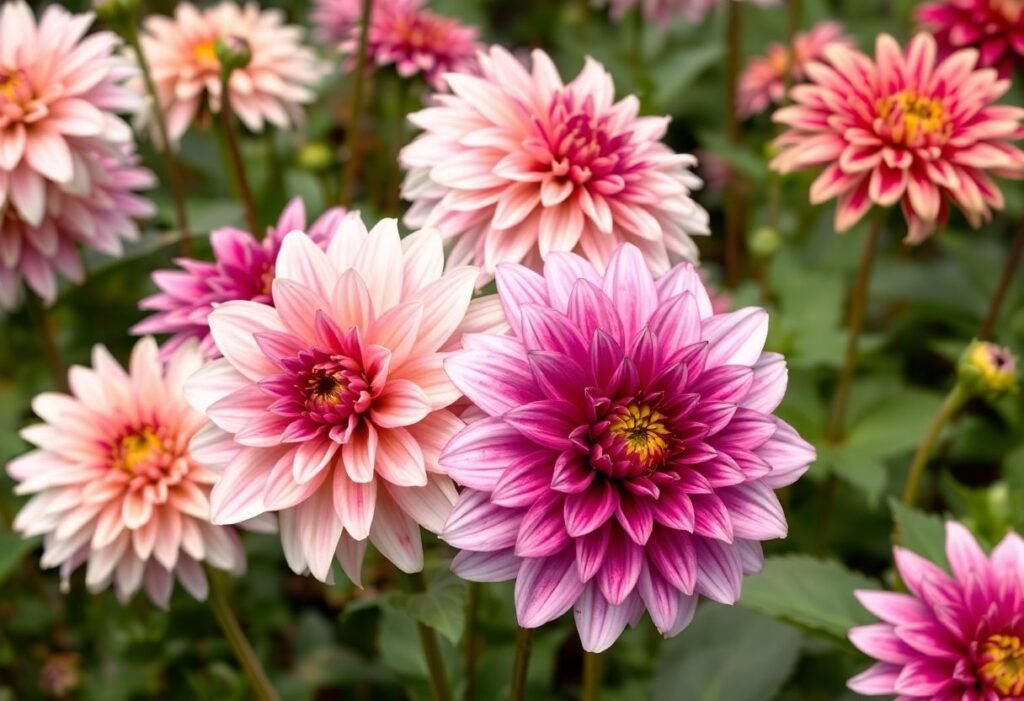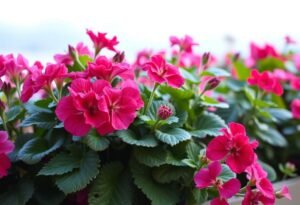Why Deadheading Dahlias is Important?
Deadheading dahlias is not just about aesthetics; it plays a crucial role in promoting healthy growth. When you deadhead dahlias, you encourage the plant to direct its energy towards producing new blooms rather than going to seed. This practice enhances flowering, prolongs the blooming period, and ultimately leads to a more vibrant garden.
How to Properly Deadhead Dahlias
To effectively deadhead dahlias, use sharp, clean garden shears. Cut the flower stem just above the first set of leaves, which helps keep the plant looking tidy. Removing spent blooms not only improves the plant’s appearance but also minimizes disease by reducing the risk of rot on the decaying flowers.
Best Time for Deadheading Dahlias
The best time to deadhead dahlias is usually early in the morning or late afternoon when temperatures are cooler. During these times, the plants are more hydrated, so they’re less likely to suffer from stress due to pruning. Make it a routine to check your plants every week and deadhead regularly during peak blooming season to ensure optimal performance.
How Often Should You Deadhead Dahlias?
How often to deadhead dahlias can vary based on the specific variety and the growth conditions. However, a good rule of thumb is to deadhead your dahlias every one to two weeks, particularly when they are in full bloom. Regular removal of spent flowers encourages more robust growth and additional blooms, which enhances your landscape.
The Impact of Weather on Deadheading Dahlias
Weather conditions can significantly impact your deadheading dahlias routine. Avoid cutting your flowers during rainy days to prevent damaging the roots and cause soil compaction. Sunny days can be ideal for garden chores, allowing for more effective maintenance of your plants without the worry of overwatering from rain.
Post-Deadheading Care for Dahlias
After deadheading dahlias, consider enriching the soil with fertilizer that promotes blooming. Ensure your dahlias are properly watered following a deadheading session—you want to support their growth cycle with adequate hydration. Regular watering, along with the right organic fertilizers, can lead to fantastic results. Caring for your dahlias after deadheading allows them to thrive and bloom beautifully.
Aesthetic Benefits of Deadheading Dahlias
One of the most rewarding aspects of deadheading dahlias is the visual impact it has on your garden. Well-maintained plants elevate the aesthetic value of outdoor spaces, creating an inviting atmosphere that is not just pleasing for you, but also attracts pollinators and beneficial insects. The sheer beauty of blooming dahlias can transform your garden into a valuable retreat.
Conclusion
Understanding the practice of deadheading dahlias is essential for anyone looking to enjoy the full beauty of these colorful blooms. Regular and proper deadheading not only extends the blooming season but also enhances the attractiveness of your garden. Don’t wait any longer—begin the journey of nurturing your dahlias today and relish the delight they bring to your outdoor sanctuary.
Disclaimer
This article is for informational purposes only. It’s recommended that you consult a gardening professional for personalized advice and guidance on plant care.

















